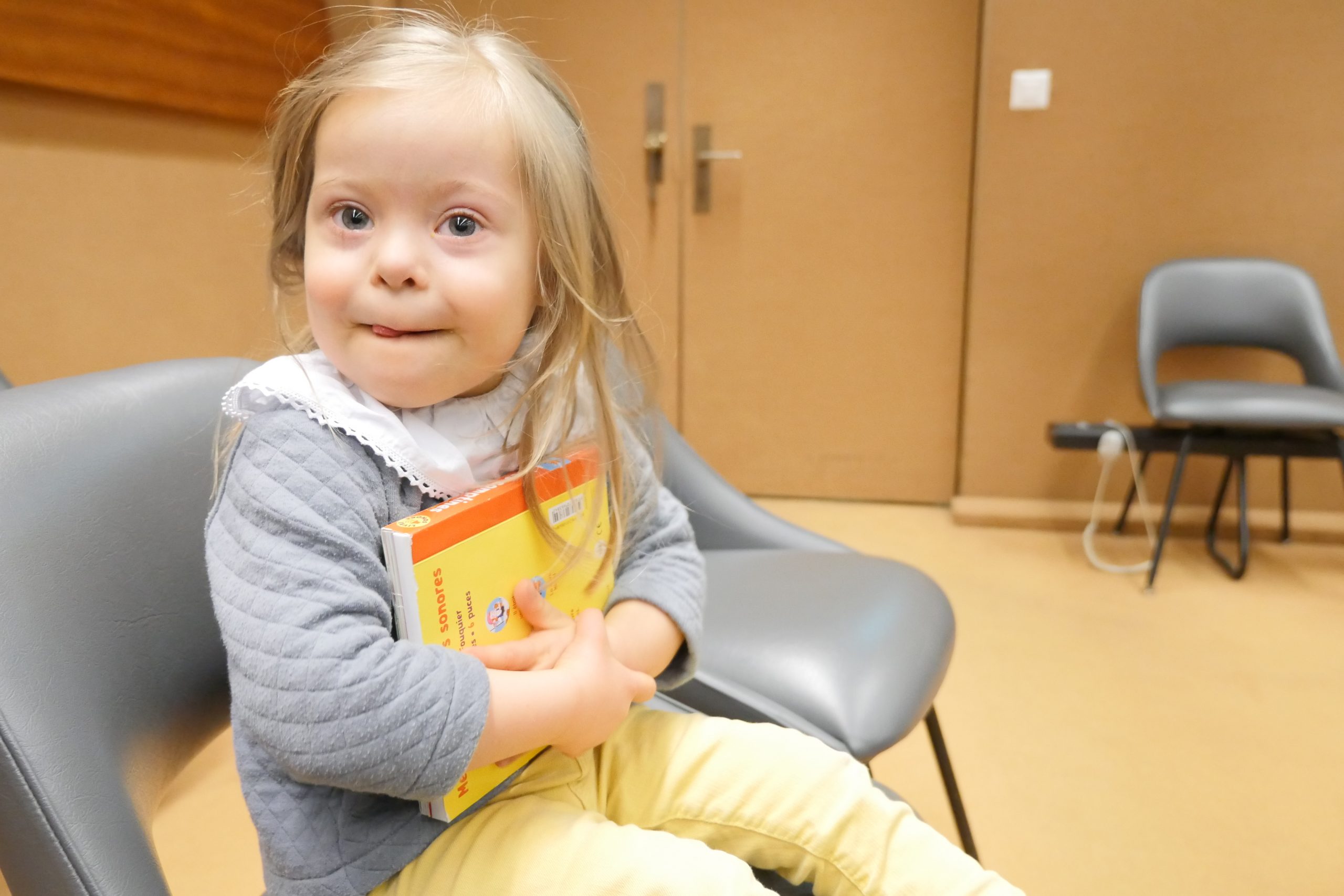To mark the occasion of World Down Syndrome Day, a meeting was held on 20 March at the United Nations in Geneva, to promote equal rights for people with Down Syndrome. This event was organised during the 34th session of the United Nations Human Rights Council by Stop Discriminating Down– the international label against prenatal discrimination.
Several delegates took to the floor to heighten awareness of the routine prenatal screening of unborn babies to diagnose Down syndrome – a choice that violates international law.
“Tomorrow, we will celebrate World Down Syndrome Day. This should remind us that human rights justifiably apply to all members of the human family, regardless of their physical or mental condition. Unfortunately, in 2017, the diagnosis of Down syndrome became a death sentence. The screening and even homicide of people because they are “different” is nothing more than eugenics. As a society, we are against discrimination based on handicap and disease so why should we allow it to happen in the womb?”asked Rubén Navarro, UN Advisor for ADF International that led the event in Geneva.
This prenatal selection process is becoming intensified with “non-invasive screening” (NIPS), “carried out worldwide” and already proposed by in some governmental health policies. This contradicts the ethical criteria defined by the WHO [1] in 1968. Based on these criteria, “screening on a total population scale is only ’acceptable’ if treatment is available for people with the condition. The test does not provide a cure and no satisfactory treatment for Down Syndrome has been marketed to date”.
Jean-Marie Le Méné, President of the Jérôme Lejeune Foundation, commented as follows: “This focus on screening is happening even though people with Down syndrome are integrating in society better than ever before. We must go from exclusion to inclusion. Children with Down Syndrome are the first victims of transhumanism. Dangers now lurk in every mother’s womb, which should be a safe haven. A world without Down Syndrome signifies the eradication of empathy and humanity. That would be our loss, not theirs. To put it plainly, we are not protecting their world. They are protecting ours”.
Finally, a young woman with Down syndrome, Kathleen Humberstone, reminded the audience that she also has fundamental freedoms. Her mother explained how much Kathleen has enriched their family life: “She is unique, just like our two other children are unique. She has always been a wonderful member of our family. I challenge anyone currently promoting screening to meet adults with Down Syndrome, like my daughter, Kathleen. I dare them to look her in the eyes and tell her that her life is less precious than theirs”.
[1] World Health Organisation.
ADF International (21/03/2017)

